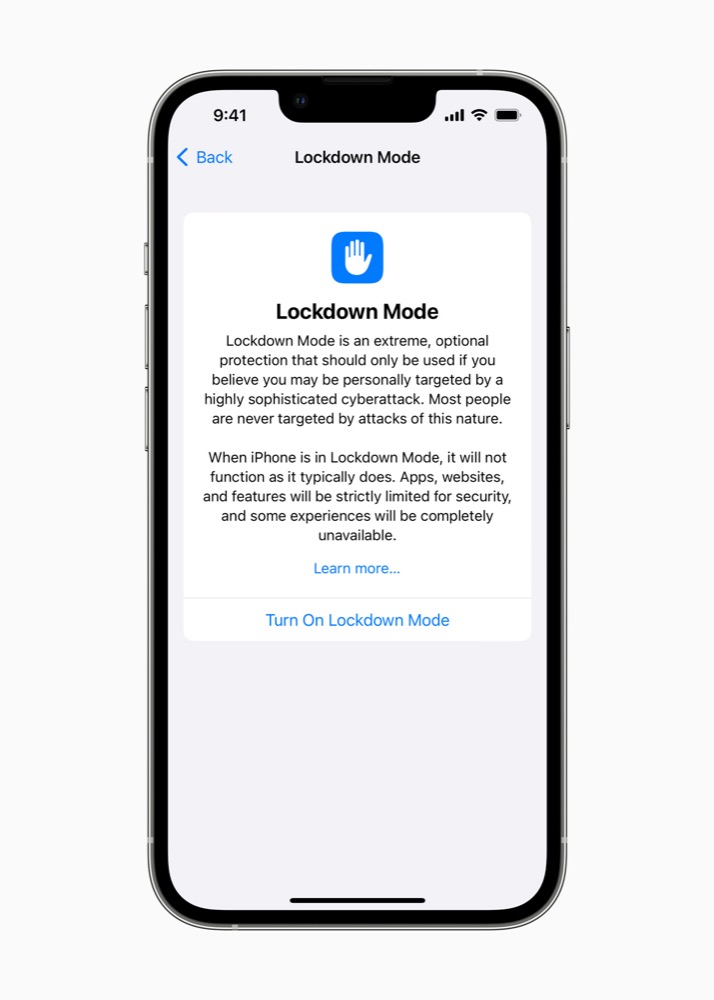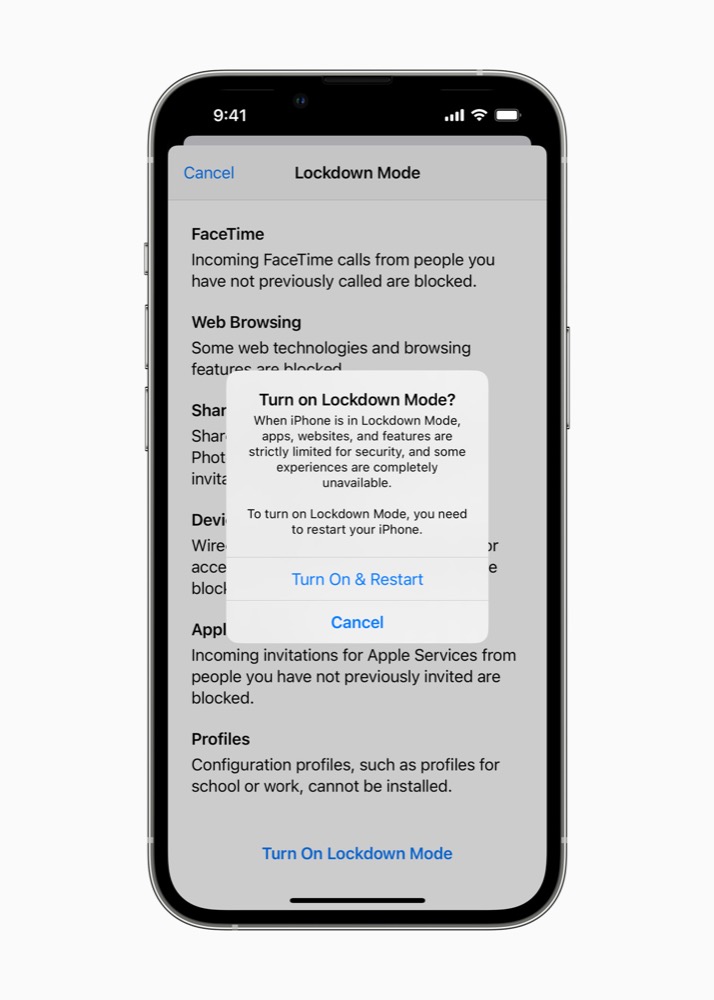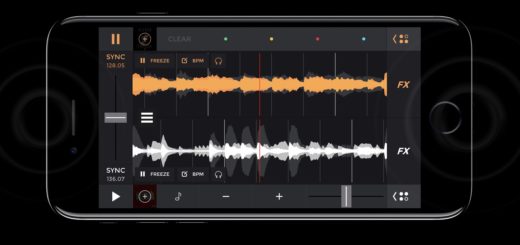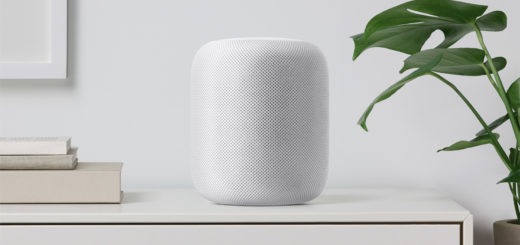Apple tells us mercenary spyware is alive and well, so protect yourselves

h
Proving as if proof were needed that the mercenary spyware industry continues to generate vast profits for those involved in it, Apple has issued a fresh warning to iPhone users in 98 countries to say they are being watched.
Who pays for these attacks? We all do
It’s an appalling symbol of the crass and reprehensible behaviors that characterize our growingly dystopian times. The company issued a similar warning to people in 92 nations in April and has warned people in 150 nations since it started to warn its users in 2021.
As ever, the warnings remain brief. The notification (as reported by TechCrunch and elsewhere) reads:
“Apple detected that you are being targeted by a mercenary spyware attack that is trying to remotely compromise the iPhone associated with your Apple ID -xxx-.”
“This attack is likely targeting you specifically because of who you are or what you do. Although it’s never possible to achieve absolute certainty when detecting such attacks, Apple has high confidence in this warning — please take it seriously.”
The company declines to say too much about how it detects such activity, but stresses that the warnings should be taken seriously. It is also interesting that the company no longer characterizes the attacks as being “state-sponsored”, instead describing them as “mercenary spyware attacks”.
The truth is that at least some of these attacks probably are state sponsored, and if an increasing number of them are not then it suggests the costs of mounting them must be on the decline, which should concern all of us.

This is Lockdown Mode
What to do if you get a warning
Amnesty International’s Security Lab tells us that an Apple threat notification should be seen as a very strong indication that you are being attacked. If you have received the warning you should seek expert help, such as from the Digital Security Helpline, Amnesty International or other Security Lab civil society partners.
Apple’s own pages warn:
“All users should continue to protect themselves from general cybercriminals and consumer malware by following best practices for security:
- Update devices to the latest software, as that includes the latest security fixes
- Protect devices with a passcode
- Use two-factor authentication and a strong password for Apple ID
- Install apps from the App Store
- Use strong and unique passwords online
- Don’t click on links or attachments from unknown senders
If you have not received an Apple threat notification but have good reason to believe you may be individually targeted by mercenary spyware attacks, you can enable Lockdown Mode on your Apple devices for additional protection.”
Please follow me on Mastodon, or join me in the AppleHolic’s bar & grill and Apple Discussions groups on MeWe.




